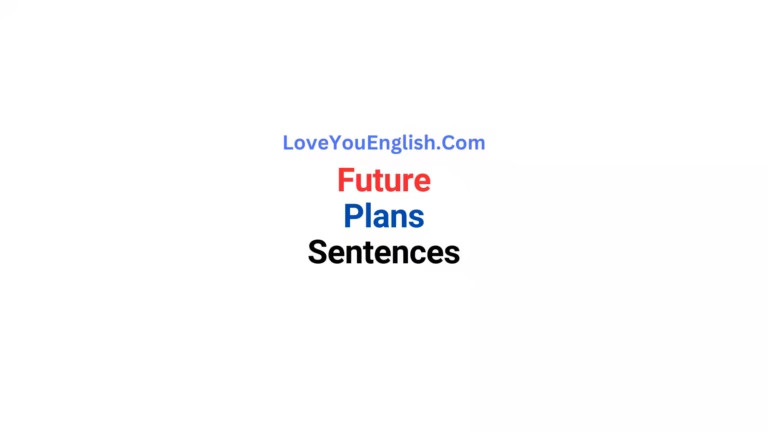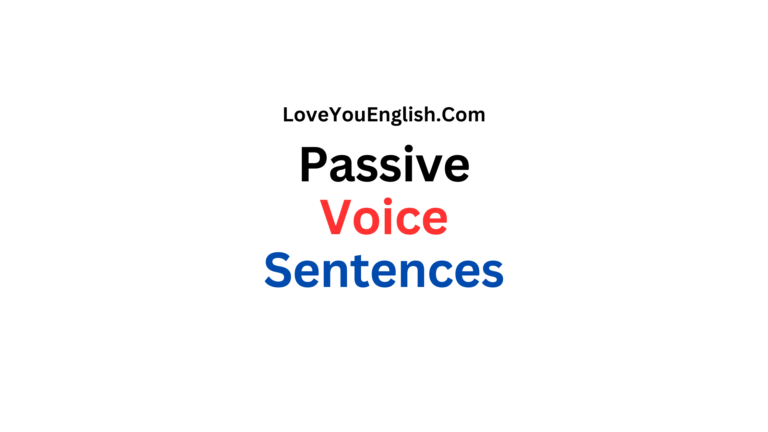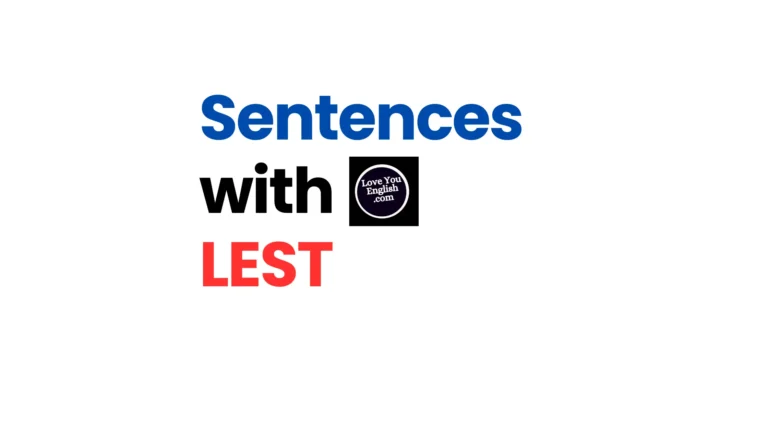The Third Conditional in English
Sharing is caring!
What is the Third Conditional?
When we talk about things that didn’t happen in the past, we use the third conditional.
It’s a way of expressing regret, imagining how things could have been different, or talking about situations that could have turned out better if the past had been different.
In simple terms, the third conditional helps us talk about the past that we cannot change.
The Structure of the Third Conditional
The third conditional follows a specific structure. It has two parts:
- If-Clause (Condition): This part describes the unreal or impossible condition. It uses the past perfect verb tense.
- Main Clause (Result): This part describes the result or outcome that did not happen in the past. It uses the modal verb “would have” + the past participle of the verb.
Here’s the structure:
If + past perfect, + would have + past participle.
Examples:
- If I had studied harder, I would have passed the exam.
- If she had gone to bed early, she would not have been tired today.
- If they had left earlier, they would have caught the train.
Let’s break this down.
- If I had studied harder – This is the “If-Clause.” It talks about something that didn’t happen (I didn’t study harder).
- I would have passed the exam – This is the “Main Clause.” It shows the result that did not happen (I didn’t pass the exam).
When Do We Use the Third Conditional?
The third conditional is used to talk about:
Regret: We feel sorry or wish something had been different.
-
- Example: If I had known about the meeting, I would have attended. (But I didn’t know, and I didn’t attend.)
Imagining Different Outcomes: We imagine how a situation could have been if something had been different in the past.
Unreal Situations in the Past: It describes things that didn’t happen in the past but we are imagining what could have been.
-
- Example: If it had rained yesterday, we would have stayed indoors. (It didn’t rain, and we didn’t stay indoors.)
Examples of Third Conditional Sentences
Here are more examples to show how the third conditional works:
- If she had called me earlier, I would have helped her.
(She didn’t call me earlier, so I didn’t help her.) - If we had left on time, we would have reached the airport in time.
(We didn’t leave on time, and we missed the flight.) - If he had known about the surprise, he would have been excited.
(He didn’t know, so he wasn’t excited.) - If they had invited me to the party, I would have gone.
(I wasn’t invited, so I didn’t go to the party.)
Negative Sentences in the Third Conditional
You can also make negative sentences in the third conditional by adding “not” before the main verb.
Structure:
If + past perfect, + would not have (wouldn’t have) + past participle.
Examples:
- If she had not studied so late, she wouldn’t have been tired.
(She studied late, and she was tired.) - If we hadn’t missed the train, we would have arrived on time.
(We missed the train, so we didn’t arrive on time.) - If they hadn’t spent so much money, they wouldn’t have been in debt.
(They spent too much money, and now they are in debt.)
Other Modal Verbs in the Third Conditional
Although “would have” is the most common modal verb used in the third conditional, we can also use other modals, like could have and might have.
These modals change the meaning slightly.
- Could have: It expresses ability or possibility.
- Might have: It expresses a possible, but uncertain, result.
- Example: If he had worked harder, he might have gotten a promotion.
(There was a chance of getting a promotion if he had worked harder.)
- Example: If he had worked harder, he might have gotten a promotion.
Here are examples with these modals:
- If they had asked for directions, they could have found the place easily.
(It was possible for them to find the place if they had asked.) - If I had taken that road, I might have avoided the traffic jam.
(There was a chance that I would have avoided the jam, but I didn’t.)
Third Conditional vs. Other Conditionals
The third conditional is one of several types of conditionals in English.
It’s important to understand how it differs from the others:
Zero Conditional: This is used for general truths or facts. It uses the present simple tense.
First Conditional: This is used for real future possibilities. It uses the present simple tense in the “if-clause” and “will” in the main clause.
Second Conditional: This is used for hypothetical or unlikely situations in the present or future. It uses the past simple in the “if-clause” and “would” in the main clause.
The third conditional talks about unreal or impossible situations in the past, whereas the zero, first, and second conditionals deal with real or hypothetical situations in the present or future.
Common Mistakes to Avoid
Mixing tenses: Remember that the past perfect goes in the “if-clause,” and “would have” + past participle goes in the main clause.
-
- Incorrect: If I would have studied harder, I would pass the test.
- Correct: If I had studied harder, I would have passed the test.
Using the wrong modal verb: Don’t use “will” in the third conditional. Use “would,” “could,” or “might” instead.
-
- Incorrect: If I had known, I will help you.
- Correct: If I had known, I would have helped you.
Forgetting the past perfect: The “if-clause” should always have the past perfect.
-
- Incorrect: If I studied harder, I would have passed.
- Correct: If I had studied harder, I would have passed.
Conclusion
The third conditional is a great tool to express things that didn’t happen in the past and imagine how things could have been different.
By understanding its structure and usage, you can talk about regrets, unreal situations, and the past in a clear and accurate way.
Now that you know how the third conditional works, try to practice using it in your daily conversations.
With enough practice, you’ll be able to use it naturally to talk about past events and imagine what could have been different.
Read more:
Sharing is caring!







